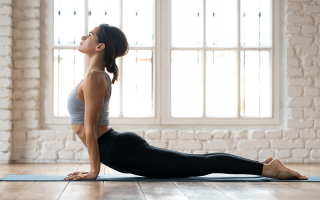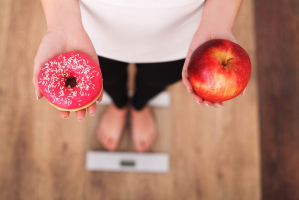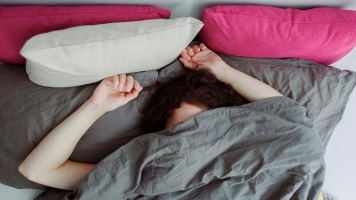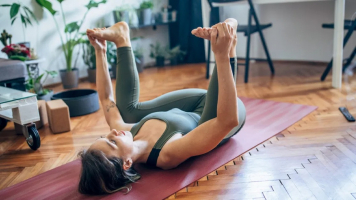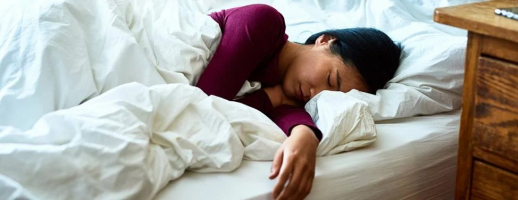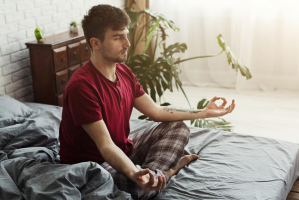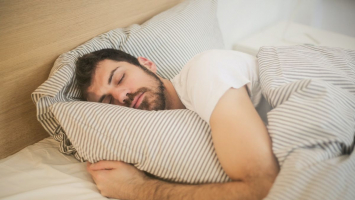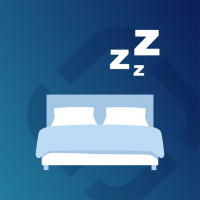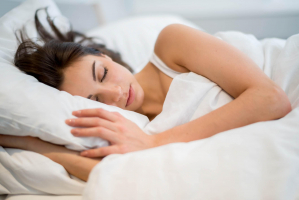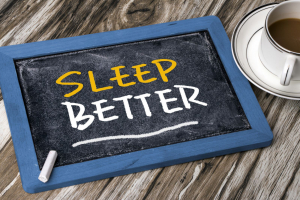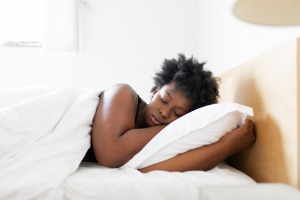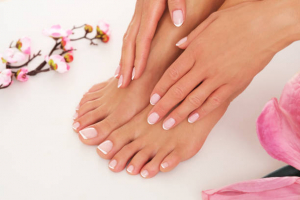Top 8 Healthy Sleep Hygiene Habits
If you want to sleep better, you might want to think about your sleep hygiene and how your habits might be keeping you from getting the high-quality rest you ... read more...need. Let's explore the importance of good sleep hygiene and the adjustments you may make to your daytime and evening routines to get better sleep!
-
Maintaining a regular bedtime and wake-up time is great for your sleep. Even on weekends, try to wake up and go to bed at about the same hours every day. It may be simpler for you to go to sleep and wake up each morning as a result of your body's internal clock being strengthened.
Maintaining a regular schedule may also help to reduce daytime sleepiness. According to research, following a regular sleep schedule can improve the quality of your rest. Additionally, the practice is linked to healthier body composition and a lower risk of heart disease, particularly in older people. So make sure you can get 7 to 8 hours of sleep each night at the time you choose to go to bed.
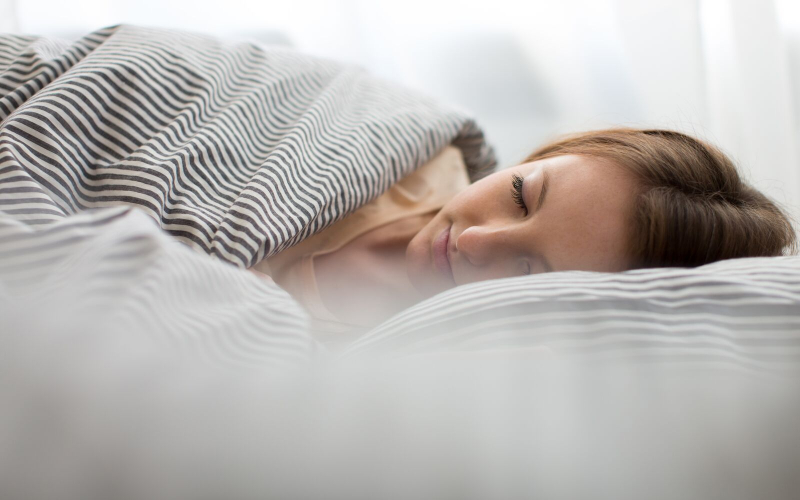
Keep a consistent sleep schedule 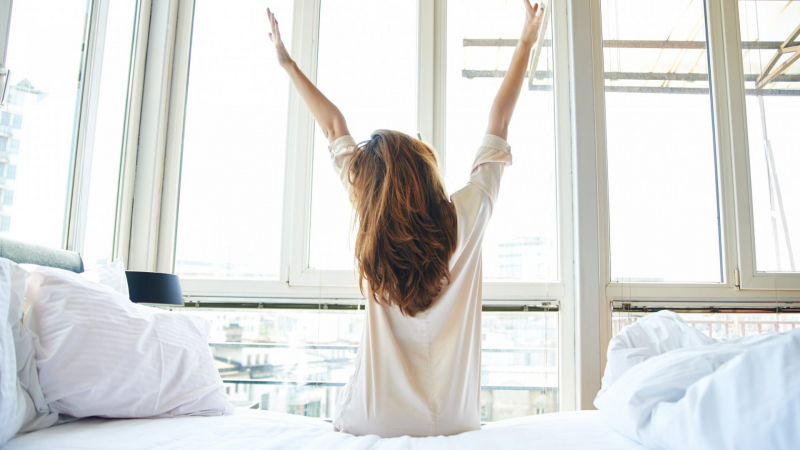
Keep a consistent sleep schedule -
You can unwind and get ready for bed by following a relaxing bedtime routine. Additionally, by following the same routine every night, your body will learn that it is time for bed. You might find it easier to fall asleep each night. About 30 to 60 minutes before bedtime is the ideal time to start your routine. Your routine can include anything that helps you unwind unless it involves blue light-emitting equipment. In addition, avoid anything stressful or overly stimulating, like emotional conversations or working.
Here are some suggestions:
- Take a warm shower or bath. The water is soothing, and the subsequent drop in body temperature as you cool down may also make you feel sleepy.
- To relieve the tension in your muscles, try some simple stretches.
Spend a few minutes in meditation to help your body and mind relax. - While concentrating on your breathing, try listening to some calming music.
- Spend some time reading a book, but avoid using any electronic reading equipment.
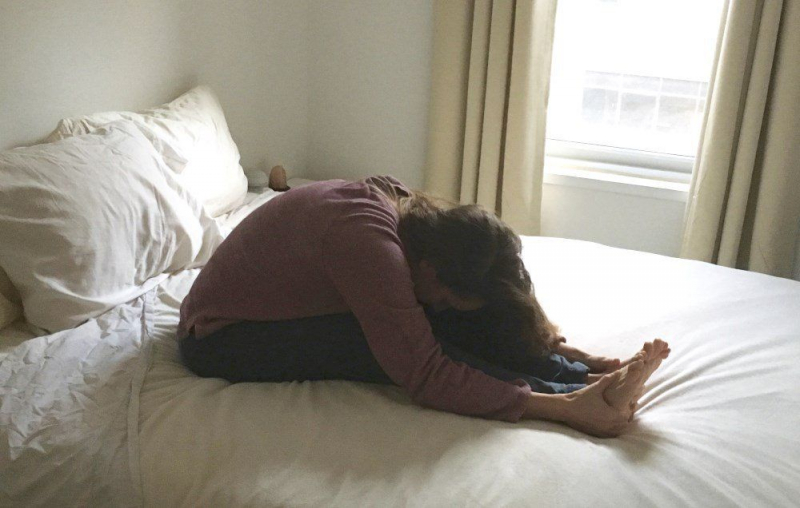
Create a relaxing bedtime routine — and stick with it 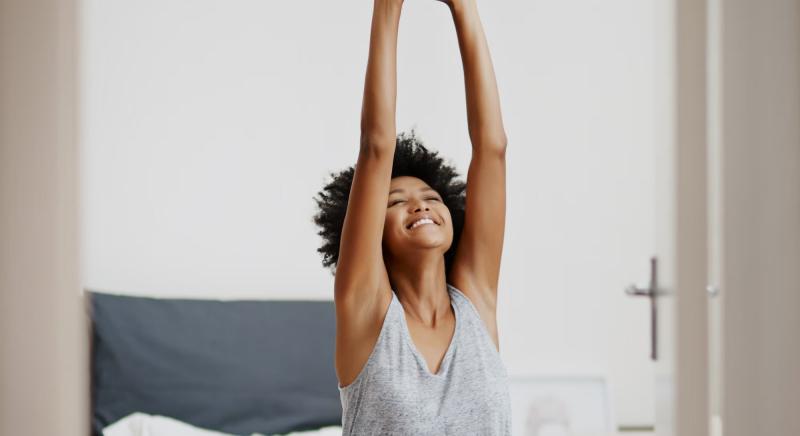
Create a relaxing bedtime routine — and stick with it -
Blue light, which is emitted by electronic gadgets like your phone, can lower your body's melatonin levels. A chemical called melatonin controls your sleep-wake cycle. It could be more difficult to fall asleep when your melatonin levels drop. You can also be distracted by blue-light emitting devices, which keep your brain alert. It could be harder to get to sleep as a result.
The National Sleep Foundation advises cutting off electronic use—including using your phone—at least 30 minutes before bedtime. Furthermore, even if you don't realize it, keeping your phone nearby to your bed can disturb your sleep. You could think that not looking at it right before bed is enough. Your sleep may be briefly disrupted by message notifications, buzzing, and lights that may suddenly turn on in the middle of the night.
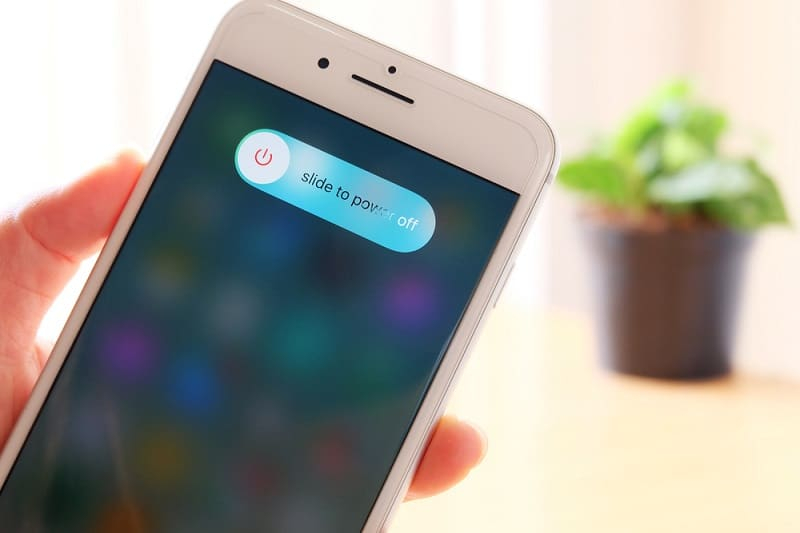
Turn off electronic devices before you go to sleep 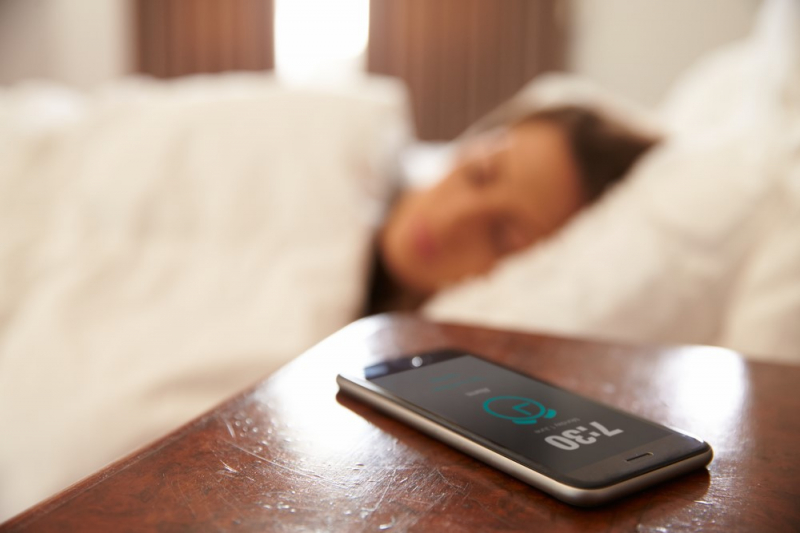
Turn off electronic devices before you go to sleep -
Your overall health and the quality of your sleep can both be improved by as little as 30 minutes of aerobic exercise every day. And since exposure to natural light helps regulate your sleep cycle, the advantages may be increased even further if you can exercise outside.
But don't worry if you can't leave the house. Even routine indoor exercise may improve your ability to sleep. Specifically, moderate-to-vigorous exercise can increase sleep quality for adults by reducing sleep onset – or the time it takes to fall asleep – and decreasing the amount of time they lie awake in bed during the night. Just stay away from exercising an hour or two before going to bed. Your body temperature and energy levels may rise as a result, which could make it more difficult for you to fall asleep. Yoga or stretching are good options if you want to exercise later in the day.
Exercise regularly 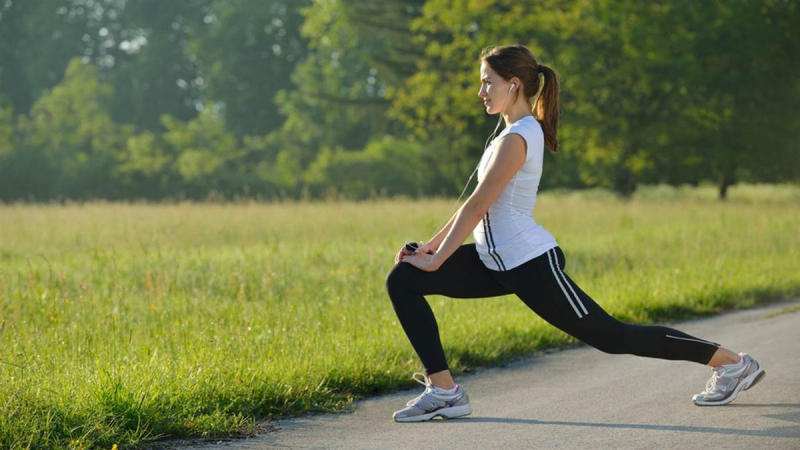
Exercise regularly -
You may find you sleep better with a longer period of caffeine abstinence before bed. Caffeine's effects might linger for 3 to 7 hours following consumption. It means that your afternoon coffee may keep you awake and alert for far longer than you'd like.
Caffeine use should be avoided at least six hours before bedtime. If you typically go to bed at 10 p.m., for instance, limiting coffee after 4 p.m. can help reduce sleeping problems. And there can be a lot of variation in the way people respond to and metabolize caffeine, record the times you take caffeine and how you sleep the following night if you feel the six-hour advice is unsuitable.

Limit your caffeine intake 
Limit your caffeine intake -
You could find it easier to fall asleep and stay asleep in a cool, comfy, quiet, and dark environment. These elements give your body and mind a peaceful and relaxing environment to rest.
The ideal sleeping temperature for most people is between 60°F and 67°F (15.6°C and 19.4°C) in their bedroom. Also important are having a comfy mattress, pillows, and bed linens. Your ability to fall asleep and stay asleep may be influenced by how comfortable you are. A good set of earplugs may help you sleep well if you're a light sleeper or have noisy neighbors. Additionally, if your bedroom is too light, you might want to think about using blackout curtains or an eye mask to keep the area as dark as possible while you sleep.
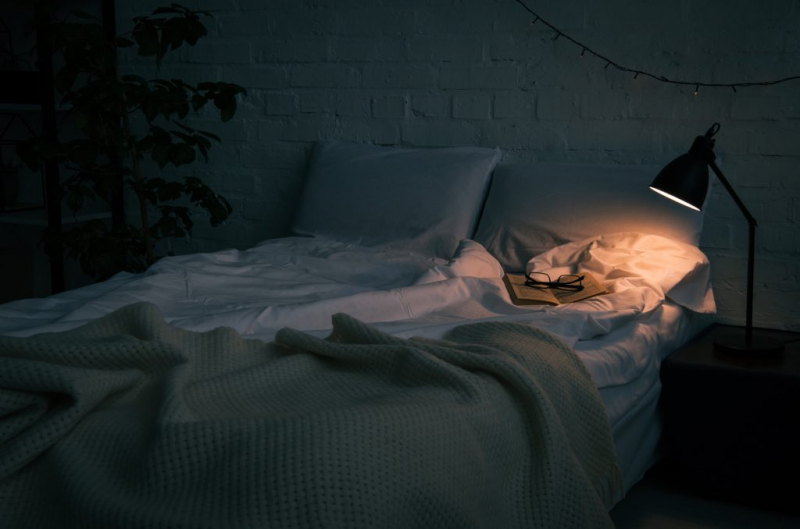
Make your sleep environment work for you 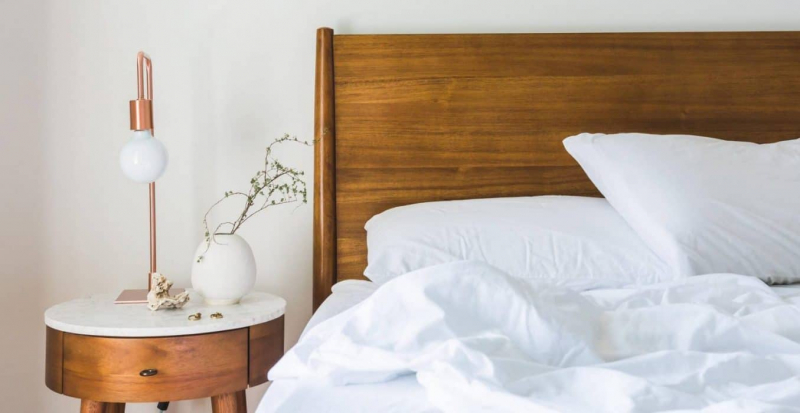
Make your sleep environment work for you -
Your bed is surely the most comfortable place to work from home, with plenty of room to spread documents and electronics about. The temptation to read, work, talk on the phone, watch TV, or engage in other things in a comfy bed may be great.
However, if you work from bed, your brain starts to link your bedroom to work. This means that your brain won't cooperate when you try to go to sleep at night. Your brain will enter work mode because it now considers the bed as a place of work, which prevents you from sleeping. Though, use your bed just for sleeping. This makes it simpler to fall asleep by helping your brain build a stronger connection between your bed and sleep. Even though reading might help you unwind before bed, if it keeps your mind active, it can also keep you from falling asleep. Instead, try reading on the couch before going to bed.
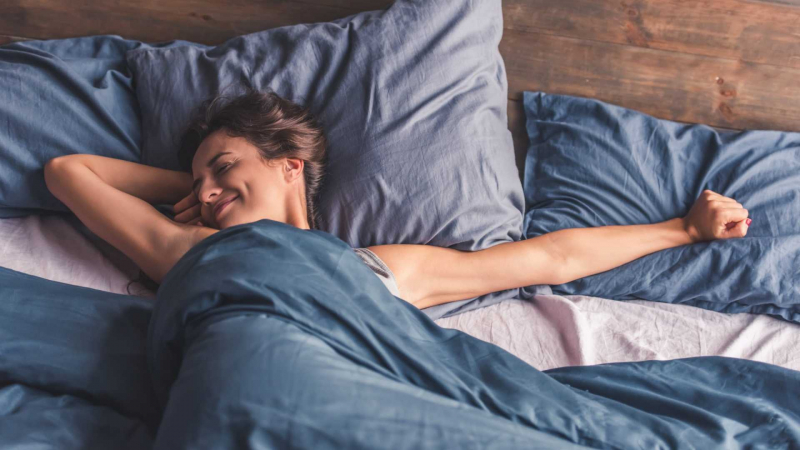
Use your bed only for sleep 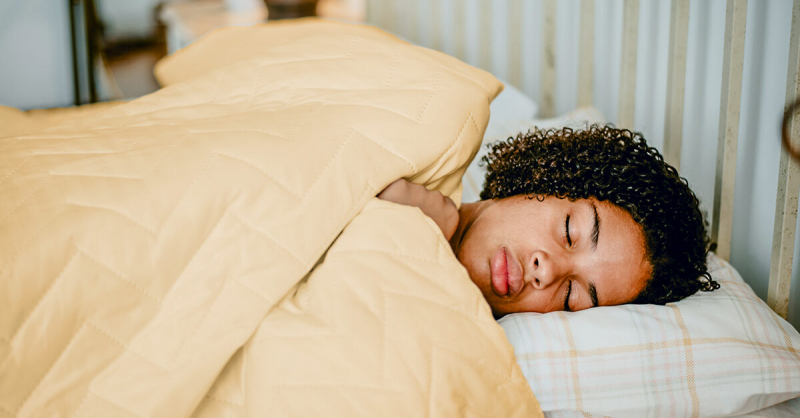
Use your bed only for sleep -
While stress is the body’s natural response to protecting itself, chronic stress or anxiety can have many long-term effects, including poor sleep or even sleepless nights. You may have trouble sleeping if you worry about certain things.
To keep your worries from keeping you up at night, try these suggestions:
- Before going to bed, write down your worries to help you get them out of your head.
- You should also note if your to-do list makes you nervous. Sort out your tasks for the rest of the week and tomorrow, then try to unwind.
- According to research, using a weighted blanket may help with anxiety and insomnia and may have advantages similar to those of deep pressure therapy.
- For mind-calming before bed, try meditation.
- ...
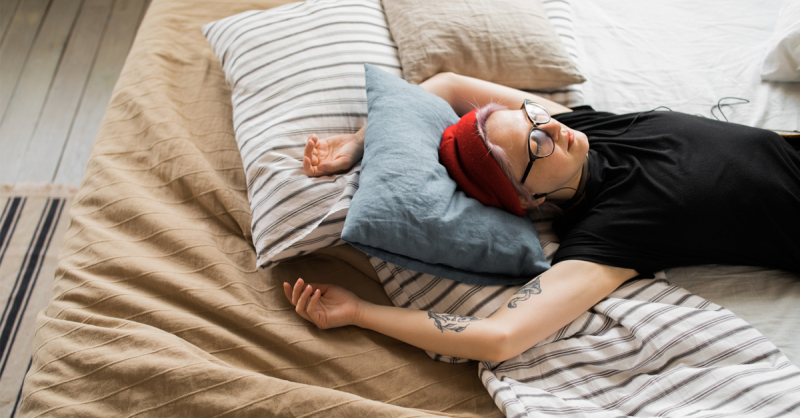
Manage stress before going to bed 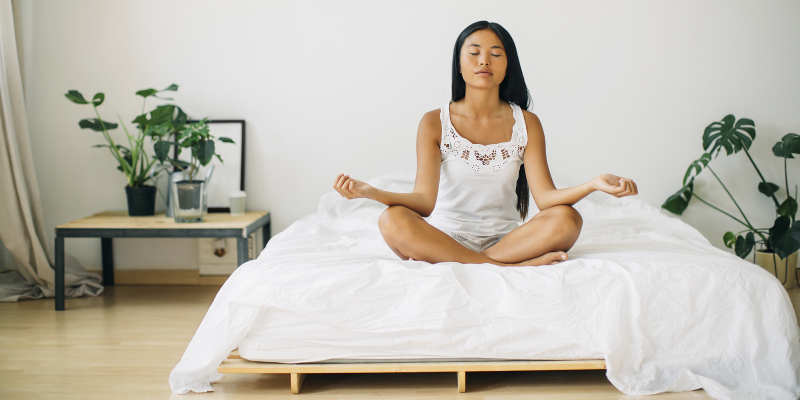
Manage stress before going to bed










